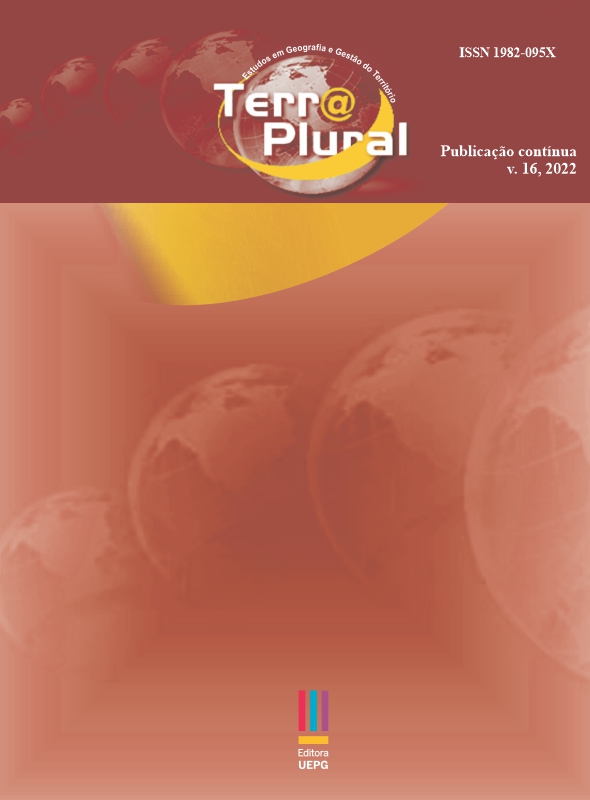A case study about action strategies of the PIBID (Scholarship Institutional Program for future teachers) about Geography teaching from the students’ perception
Keywords:
Didatic materials and Methodologies, Teachers Initial Education, Continued Teacher TrainingAbstract
This paper discusses the experience gotten on PIBID (Scholarship Institutional Program for Teaching Initiation) from 2018 to January 2020 at the State School Francisco Bernardino in Juiz de Fora city, Minas Gerais. We sought to capture the perception of both the 6th-grade elementary school and freshman high school students and point out alternatives for more attractive classes that would approach their daily lives. Subsequently, it was identified clues of practical and theoretical alternatives for materials making and didactical methods that would provide dynamism to the content discussed in the 6th-grade classes. The main notes for more attractivity were the thematic closer to the students’ daily lives; better exposure of social and natural phenomena of the environment they live in; more extracurricular (outside school) activities. Some workshops were performed back in 2019 like poetry and music; “The globe in your hands”; the Landscape Geographic Game; the elaboration of the Francisco Bernardino’s School Atlas; fieldworks like a field trip to the UFJF (Federal University of Juiz de Fora) Climatological Station; and the study of the relief and its interaction with the urban area of Juiz de Fora City, using models and maps for that. It has been concluded that the elaboration of didactical activities set for geography teaching, taking as reference the school students’ interests linked to the “PIBIDians” academic knowledge, has significantly contributed to a more fluid Teaching-Learning process.
Downloads
Downloads
Published
How to Cite
Issue
Section
License
Revista Terr@ Plural will obtain the auctorial rights for all published texts. This also implies that the text can be published anywhere in the world, including all rights on renewal, expansion, and dissemination of the contribution, as well as other subsidiary rights. The authors get permission to publish the contribution in other media, printed or digital, it may be in Portuguese or translation since the publication is credited to Revista Terr@ Plural. It allows the self-archiving of published articles in institutional repositories, thematic repositories, or personal web pages in the pdf version downloaded from the journal's site.















